The A330 Family combines long-haul range with a high level of passenger comfort for maximum flexibility.
Able to accommodate 220 to 465 passengers, the widebody aircraft can be used for everything from short domestic flights to trans-Pacific journeys topping out at 17 hours.
A favorite of both low-cost and premium carriers alike, passengers enjoy the A330’s larger overhead storage compartments and customised lighting.
Widebody comfort and continuous innovation come together in the A330 Family, circling the world in operations that vary from passenger, freight and VIP flights to military transport and aerial refuelling.
Discover all the features that make the A330neo the most versatile widebody aircraft currently flying routes ranging from 20 minutes to over 17 hours.
A330 Family
The A330neo version was launched in 2014. It provides lower operating costs and a double-digit reduction in fuel burn CO2 emissions by bringing together enhanced wing technologies from the A350 with highly efficient Rolls-Royce Trent 7000 engines.
slide 1, The most versatile widebody
The A330neo incorporates Airspace Cabin, the quietest and most comfortable in its category. The wide fuselage cross-section ensures that travellers benefit from an abundance of personal space, with wider seats and the Airspace cabin provides a high level of comfort and relaxation to the longest flights – even in economy.
slide 2, The most versatile widebody
In addition to the passenger versions, the versatile A330 Family also serves as a modern widebody freighter, a corporate jet and is deployed by military forces around the world in its Multi Role Tanker Transport (A330 MRTT) variants.
More space with Airspace
The A330neo incorporates Airbus’ Airspace Cabin, the quietest and most comfortable in its category. The wide fuselage cross-section ensures that travellers benefit from an abundance of personal space, with wider seats and the Airspace cabin providing a high level of comfort and relaxation to the longest flights – even in economy. Ambient lighting options add to the stylish cabin design and help counter the effects of jetlag.
The A330’s cross-section sizing also enables its lower-deck cargo holds to accommodate industry-standard LD3 containers and freight pallets.
Modern technology
The A330 benefits from the combination of flight-by-wire technology (also used on the A220, A320 and A350), with modern onboard systems and excellent aerodynamics for a proven, highly productive aircraft.
As a result, the A330 seamlessly complements the top-of-the-line widebody A350, offering a similar passenger experience, while pilots can fly both types interchangeably thanks to a Common Type Rating. This commonality – unique to Airbus – brings operational advantages as well as flexibility in the training and deployment of personnel.
Additionally, the same crews that currently fly A330s can easily transition to the A330neo after just a half-day of training as the same type rating applies to both versions.
Yes, we retrofit legacy systems (e.g., GE Frame 5, Siemens V94.2) with modern digital controllers, typically completing hardware integration within 4-8 weeks. Software migration requires additional validation time.
We recommend annual performance testing under ISO 3977-2 standards. Critical applications (e.g., offshore platforms) may require semi-annual tests with emissions compliance checks.
All rad-hard devices (e.g., FPGA, ADC) are QML Class V certified under MIL-PRF-38535 and tested to MIL-STD-883 Method 1019 for SEU tolerance. Full qualification reports are available upon request.
Our ASICs and power management ICs operate across -55°C to +175°C ambient temperatures, with derating curves provided in military temperature range (MTR) datasheets.
Our PMA parts (e.g., actuators, sensors) hold FAA/EASA Form 1 certification and match OEM form/fit/function. Installation requires SB/MB documentation per FAA AC 23.1529.
All NAS/MS fasteners include full DNA traceability: melt source (AMS 2301), heat/lot numbers, and AS9100-compliant MTRs with ultrasonic test reports.
AOG orders ship within 4 hours for stocked items (FAA-PMA, EASA Part 21G). Non-stock critical parts trigger priority manufacturing with 72-hour max turnaround.
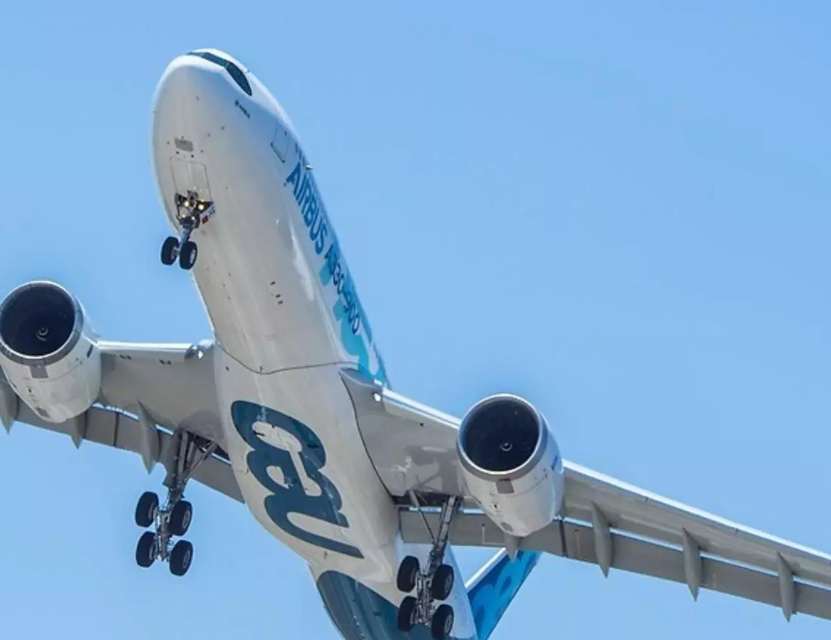
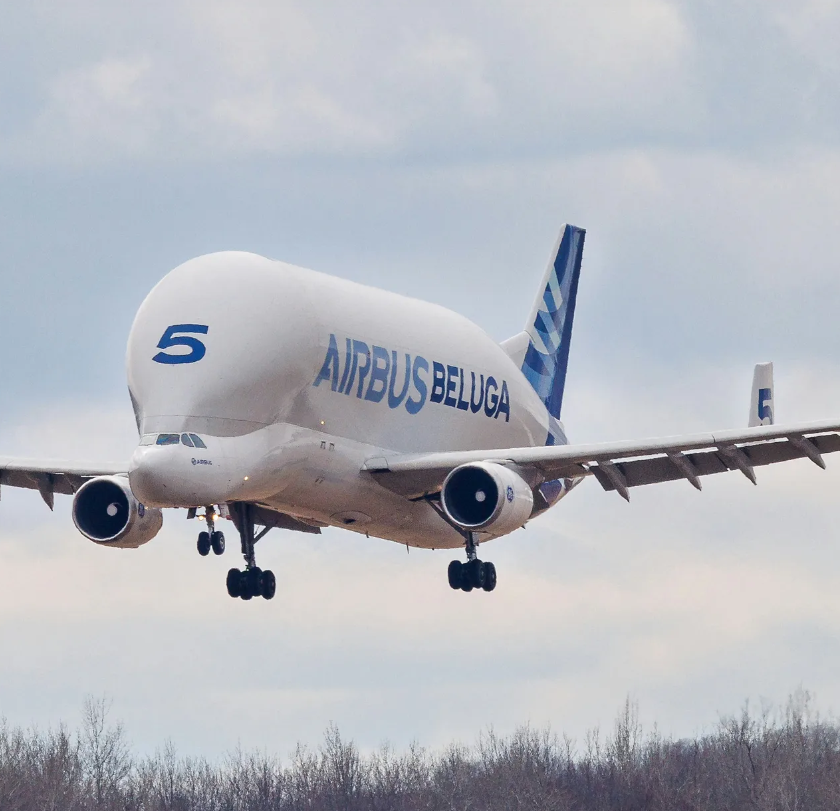
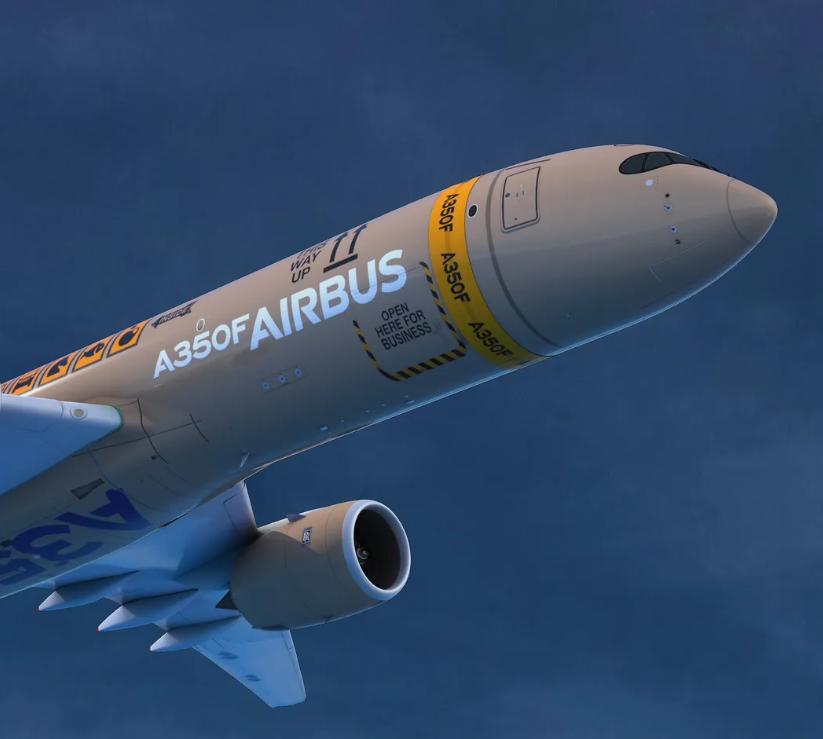
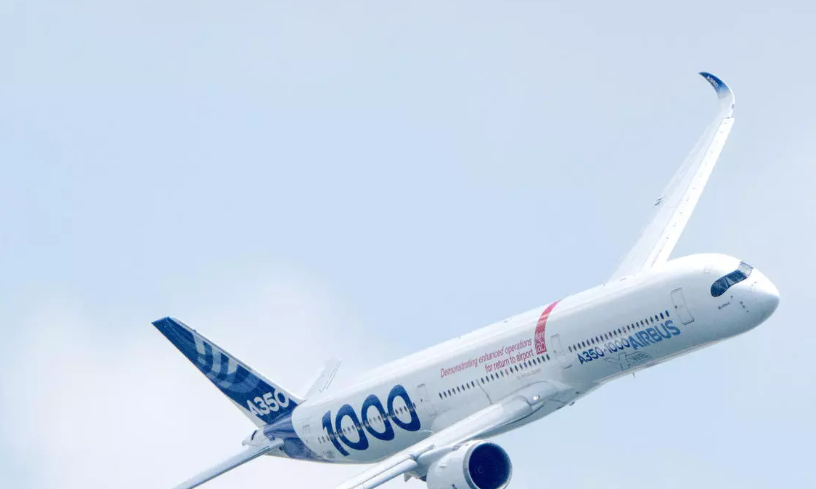
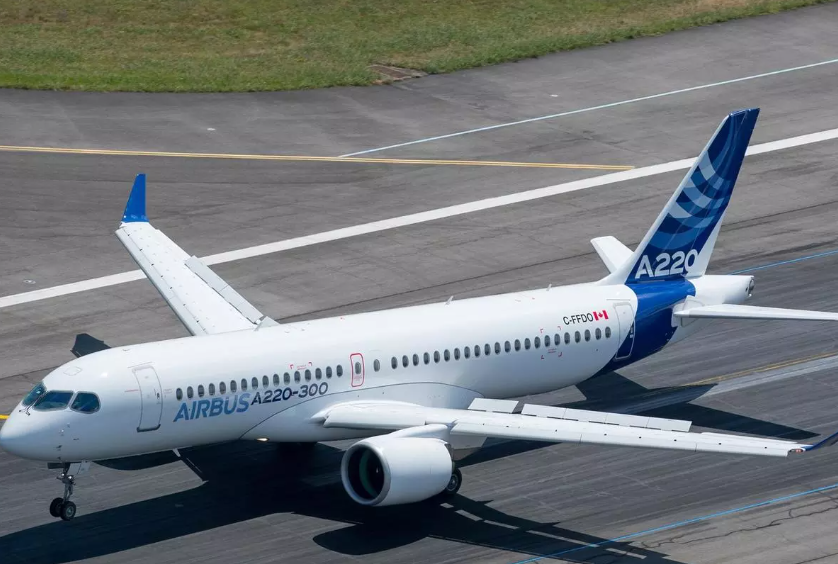
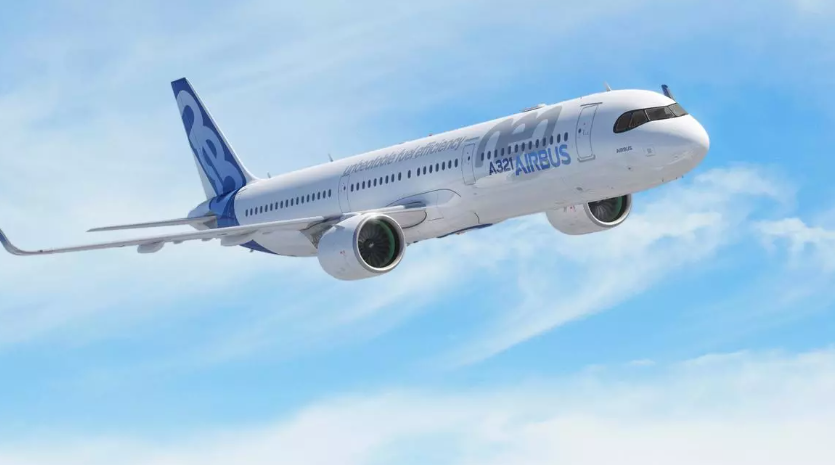
 Gas Turbine
Gas Turbine
 Aircraft parts
Aircraft parts